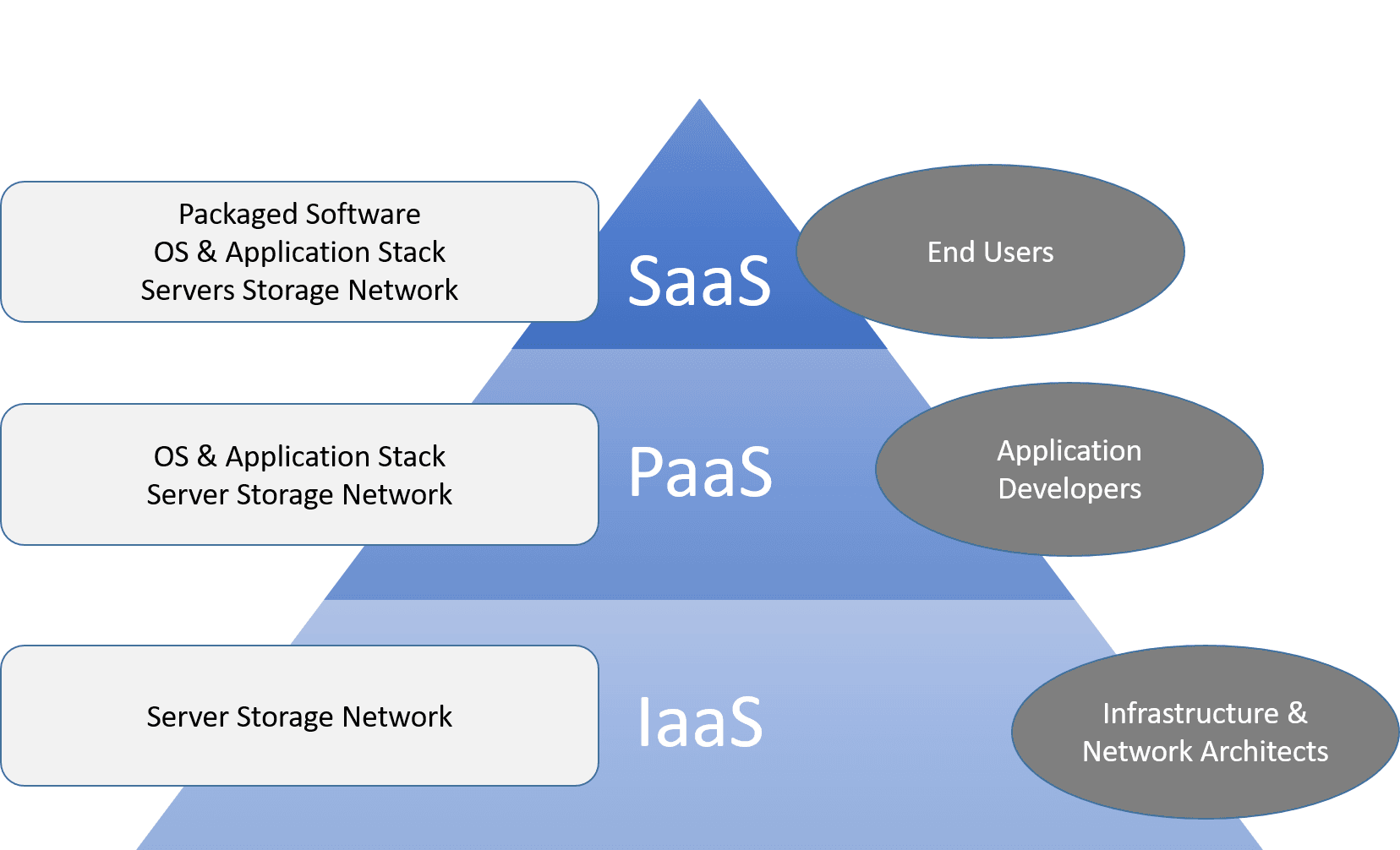Revealed: 50 Percent of Today's Platform as a Service (PaaS) Offerings Are Now Cloud-Only
8 Sept 2022, 2:57 am GMT+1
Nearly half of today’s platform as a service (PaaS) service offerings are cloud-only. Currently, there are more than 360 vendors across 21 market segments, delivering more than 550 PaaS offerings. Forty-eight per cent of these offerings are cloud-only. Not a single vendor has a foothold across all 21 segments, and 90 per cent of them only operate within a single PaaS market segment. These figures have been brought by Gartner Inc., which research vice president
commented on:
“Business and technology leaders are shifting to strategic investment in cloud computing.
Cloud computing is one of the key disruptive forces in IT markets that is gaining mainstream trust.”
Nonetheless, Platform as a service (PaaS) is a cloud computing model in which a third-party provider delivers hardware and software tools - usually those needed for application development - to users over the internet. A PaaS provider hosts the hardware and software on its own infrastructure. As a result, PaaS frees users from having to install in-house hardware and software to develop or run a new application.

“Although many organisations anticipate a long-term retention of on-premises computing, the vendors of nearly half of the cloud platform offerings bet on the prevailing growth of cloud deployments and chose the more modern and more efficient cloud-only delivery of their capabilities,”
added Mr Natis.
for cloud-based offerings will
for noncloud IT offerings by 2022, according to Gartner. The company forecasts that twenty-eight percent of spending within key enterprise IT markets will shift to the cloud by 2022, up from 19 percent in 2018. Despite this growth, traditional offerings will still constitute 72 percent of the addressable revenue for enterprise IT markets in 2022.
“The shift of enterprise IT spending to new, cloud-based alternatives is relentless, although it’s occurring over the course of many years due to the nature of traditional enterprise IT,”
said
, research vice president at Gartner. “Cloud shift highlights the appeal of greater flexibility and agility, which is perceived as a benefit of on-demand capacity and pay-as-you-go pricing in cloud.” More than $1.3 trillion in IT spending will be directly or indirectly affected by the shift to cloud by 2022. Providers that are able to capture this growth will drive long-term success through the next decade. Wrapping things up, the total PaaS market revenue is forecast to reach $20 billion in 2019, and to exceed $34 billion in 2022, according to the latest forecast from Gartner. In this
, database and application platform services represent the largest market segments, with blockchain, digital experience, serverless and artificial intelligence/machine learning (AI/ML) platform services as the newest.
Share this
previous
create another article
next
The Speaker's Coach: 60 Secrets to Become a Public-Speaking Pro